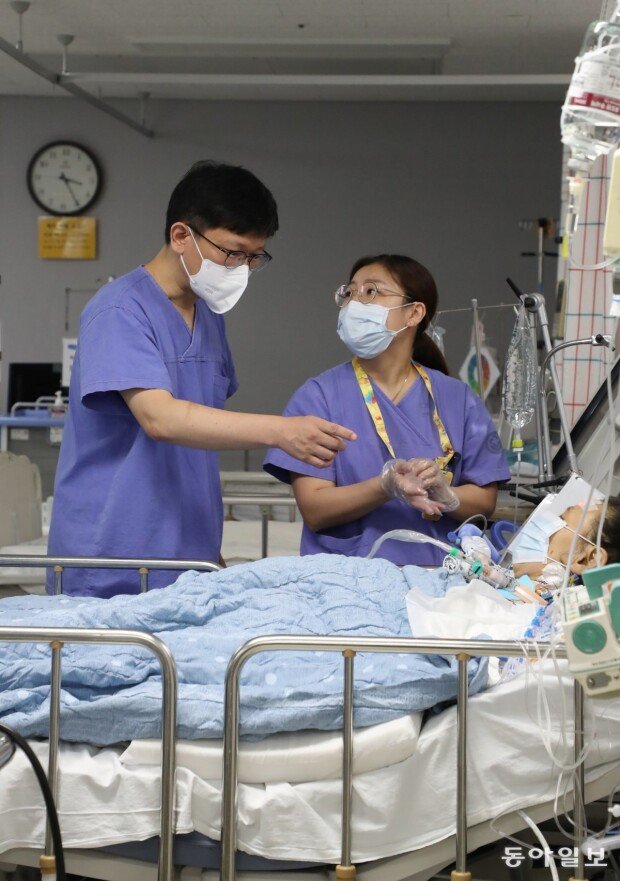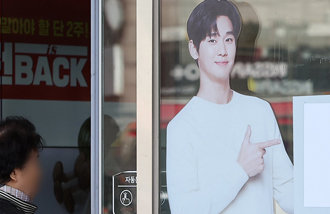Patients forced to bear the brunt of medical void for six months
Patients forced to bear the brunt of medical void for six months
Posted August. 15, 2024 08:14,
Updated August. 15, 2024 08:14

“Normally, a heart surgery date would have been scheduled one or two weeks after the doctor’s appointment, but now it is common to wait one to two months. I am worried that the situation will become worse towards the end of the year,” said Professor Jeong In-seok of the Department of Cardiovascular and Thoracic Surgery, whom your reporter met at Jeonnam National University Hospital in Gwangju on Monday. “Every heart surgery is urgent, and when I see a patient anxiously waiting for the surgery date, I feel helpless that I cannot do anything to help,” he said, with his head hung low.
Professor Jeong took time out of business schedule to briefly meet for an interview, after treating a sudden hemorrhage in a patient with pulmonary arterial hypertension admitted to the intensive care unit. After two out of three residents resigned in protest to the government policy to reform medical university admission, Professor Jeong has been working 100 hours a week for the last six years and spending the rest of the time at home ‘on-call.’ During the one-hour interview, Professor Jeong's mobile phone rang constantly. He rushed to the pediatric intensive care unit after the interview was over because he had to see a 2-year-old child hospitalized with pneumonia.
Six months have passed since medical residents (including interns) left hospitals on February 19 in protest of the government's announcement to increase the medical admission quota. With upcoming preparation for university admissions underway and rolling admissions starting next month, the conflict over policy shows no signs of being resolved. Rather, with the prolonged situation, the erosion of the medical care system for essential, rural, and medical care is accelerating, contrary to the purpose of increasing the medical school admission quota.
During the second half of medical residency hiring, which ended last month, 133 residents were recruited. Still, the Department of Cardiovascular and Thoracic Surgery was the only department with no applicants. The collapse of the medical care system appears to be accelerating as even cardiovascular and thoracic surgeons, grim about their future, are leaving hospitals in rural areas.
광주=김소영 기자 ksy@donga.com
Headline News
- Opposition parties pass amendment to Commercial Act
- Impeachment motions against top officials dismissed
- IU's residence ranked as the nation's most expensive apartment
- K-medicine saves 300 lives in Mongolia through liver transplant skill transfer
- Prisoners in N. Korean camps suffer from torture at minus 30 degrees







